The federal government says it is putting final touches to a transition plan that will move Nigeria’s power sector to a fully cost-reflective tariff regime, while protecting vulnerable citizens through targeted subsidies.
Adebayo Adelabu, Minister of Power, made this known on Tuesday during the Mission 300 stakeholders’ engagement held in Abuja. According to a statement issued by his media aide, Bolaji Tunji, the minister said the transition is essential for the sustainability of the electricity market and national economic growth.
“In the absence of cost-reflective tariffs, the government has accumulated a huge debt to power generation companies in the form of unpaid subsidies, which stood at about N4 trillion as of December 2024,” Adelabu said.
The Nigerian Electricity Regulatory Commission (NERC) had recently revealed in its Q1 2025 report that the federal government spent N536.4 billion on electricity subsidies in just one quarter, underlining the financial strain caused by non-cost-reflective pricing across distribution companies (DisCos).
“The federal government is already working out modalities to defray this obligation and to ensure that further obligations are not accrued going forward,” Adelabu explained. “The government is working on a plan to transition the sector to a fully cost-reflective regime while implementing targeted subsidies for the economically vulnerable citizens in the country.”
Adelabu noted that beyond tackling the subsidy burden, the government is also prioritising increased power generation, including recovery of idle capacity and expansion of the energy mix to include cheaper, cleaner, and more sustainable sources.
At the event, the minister unveiled the Mission 300 Compact — an ambitious energy initiative aimed at delivering electricity to 300 million unserved people across Africa. He said the initiative would require a total investment of $32.8 billion, with $15.5 billion expected to come from private sector partners.
“Mobilising this level of financing will demand innovation, coordination, and a shared commitment. In this room today are many of the institutions and individuals who can help us shape the future of Nigeria’s energy sector,” he said.
“Let us take this opportunity to ask hard questions, identify the practical solutions, and develop actionable plans that will make universal access a reality — not just in the policy space, but in the daily lives of our citizens by powering our hospitals, our schools, our industries, and our homes.”
He emphasised that key priorities of the reform agenda include resolving liquidity issues, implementing sector-wide reforms, and expanding critical transmission infrastructure to improve grid stability and reduce outages.
Adelabu added that the federal government is also strengthening the distribution segment through initiatives like the Presidential Metering Initiative and the World Bank-funded Distribution Sector Recovery Programme, which aim to enhance efficiency and accountability.
In addition, the minister said rural electrification and the national energy transition programme remain central to the government’s strategy to boost renewable energy capacity and bring electricity to unserved and underserved communities across the country.



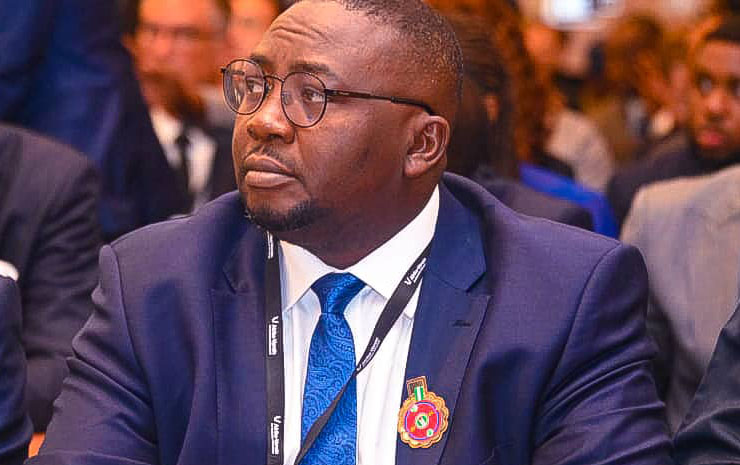


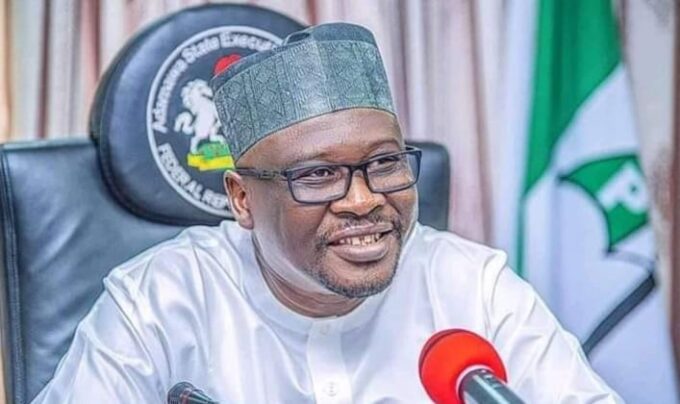

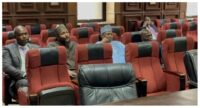
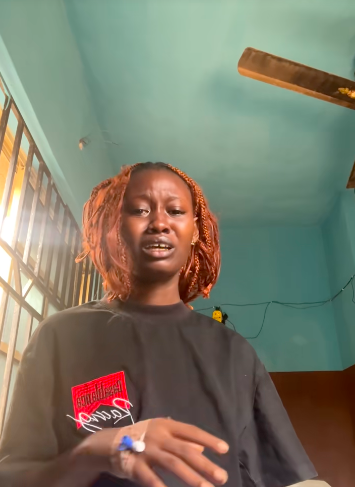

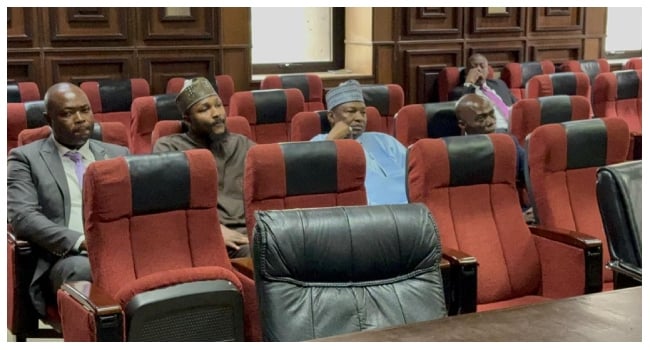




Leave a comment